Why Time Management Books Matter
The best time management books don’t just give you tips—they rewire how you think about productivity. They teach you how to:
- Prioritize what truly matters
- Eliminate time-wasting habits
- Focus without burning out
- Work less while achieving more
Whether you’re a student, entrepreneur, or just someone who wants to stop feeling overwhelmed, these books will help you take back your time—starting today.
What Makes a Best Time Management Book?
Not all productivity books are created equal. Some offer vague advice, while others provide actionable, science-backed strategies that actually work.
Here’s what we looked for in the best time management books:
✅ Practical Techniques – Not just theory, but real steps you can apply immediately.
✅ Mindset Shifts – Changing how you view time and productivity.
✅ Proven Results – Books with a track record of helping people get more done.
✅ Engaging Writing – No dry, textbook-style advice—just clear, motivating guidance.
Now, let’s get into the top 10 books that meet these criteria.
The 10 Best Time Management Books
1. Getting Things Done (GTD) by David Allen
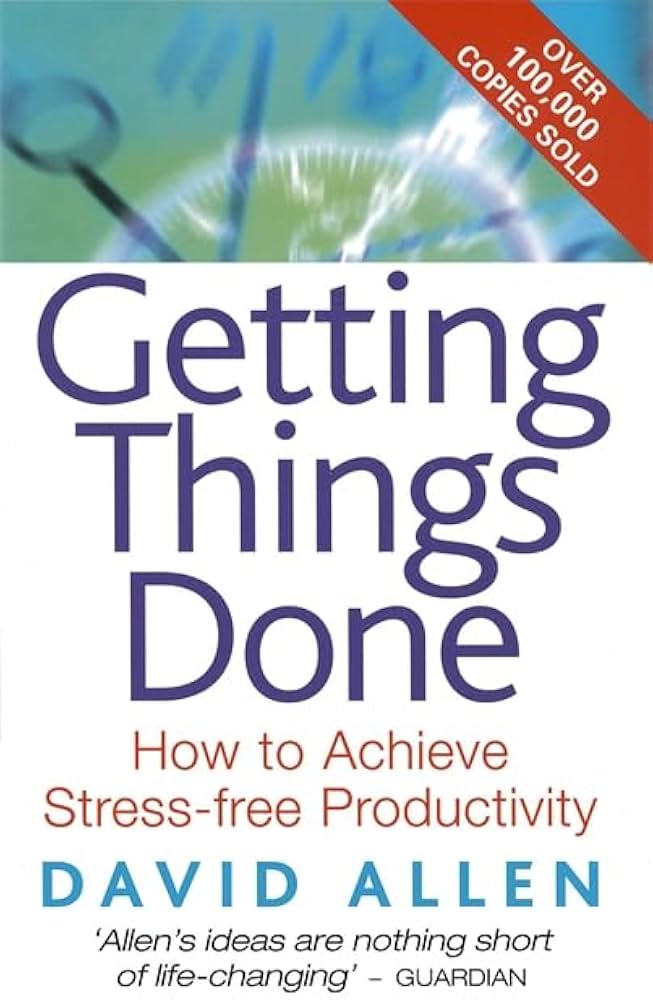
The Ultimate Productivity System
If you’ve ever felt overwhelmed by your to-do list, Getting Things Done is your lifeline. David Allen’s GTD method is legendary for a reason—it teaches you how to clear mental clutter and organize tasks so you can focus on what matters.
Key Takeaways:
✔ The Two-Minute Rule – If a task takes less than two minutes, do it now.
✔ Capture Everything – Get tasks out of your head and into a trusted system.
✔ Weekly Reviews – A simple habit to keep your productivity on track.
Best for: Anyone drowning in tasks who needs a foolproof system to stay organized.
2. Atomic Habits by James Clear
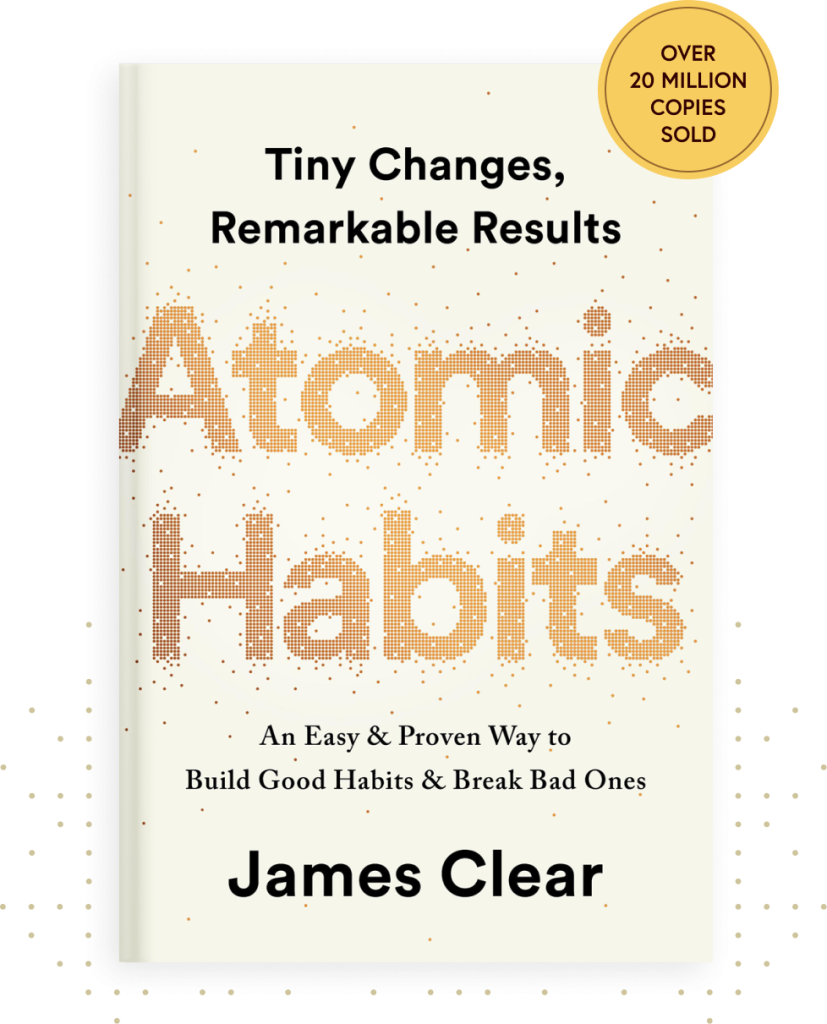
Small Changes, Massive Results
Want to build better habits and break bad ones? Atomic Habits isn’t just about time management—it’s about designing a life where productivity comes naturally.
James Clear breaks down how tiny changes compound into extraordinary results.
Key Takeaways:
✔ 1% Rule – Improve by just 1% daily, and you’ll 37x your progress in a year.
✔ Habit Stacking – Link new habits to existing ones for effortless consistency.
✔ Environment Matters – Design your space to make good habits automatic.
Best for: People who struggle with procrastination and want lasting change.
3. Deep Work by Cal Newport
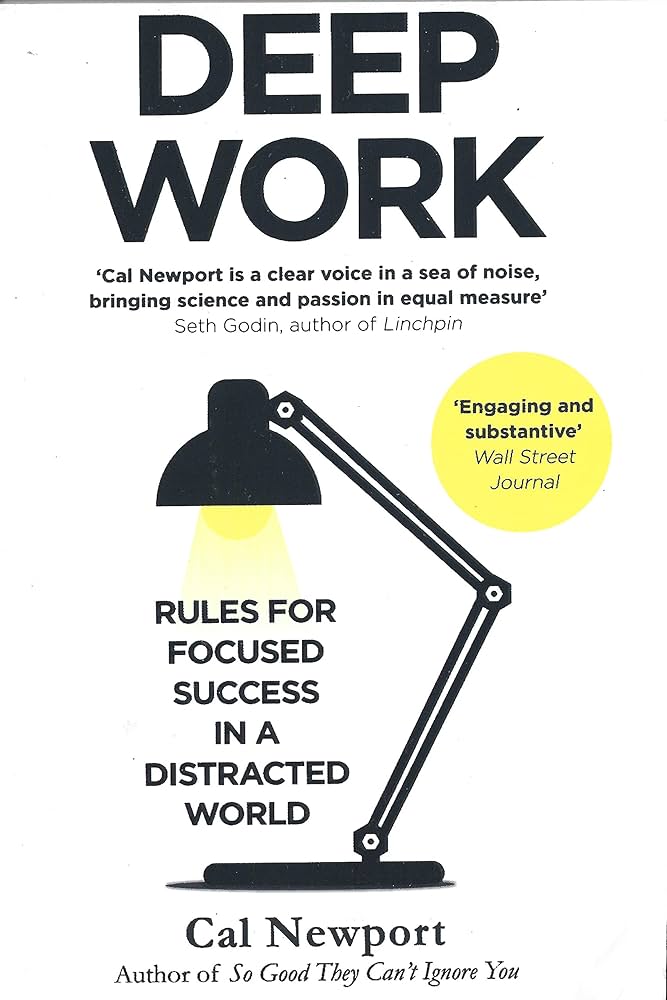
Master Focus in a Distracted World
In an age of constant notifications, deep focus is a superpower. Cal Newport argues that the ability to concentrate without distraction is the key to success.
Key Takeaways:
✔ Schedule Deep Work – Block off distraction-free time for intense focus.
✔ Quit Social Media (If It’s Not Essential) – Not all tech is bad, but mindless scrolling kills productivity.
✔ Embrace Boredom – Train your brain to resist the urge for constant stimulation.
Best for: Students, writers, and knowledge workers who need uninterrupted focus.
4. Eat That Frog! by Brian Tracy
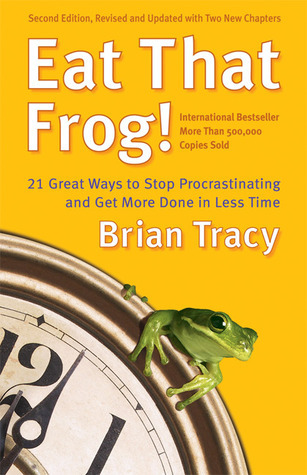
Stop Procrastinating & Get Stuff Done
Mark Twain once said, “Eat a live frog first thing in the morning, and nothing worse will happen to you the rest of the day.”
Brian Tracy takes this idea and turns it into a 21-step anti-procrastination system.
Key Takeaways:
✔ Tackle the Hardest Task First – Get it out of the way early.
✔ The ABCDE Method – Rank tasks by importance to stay on track.
✔ Single-Handling – Focus on one task until it’s done.
Best for: Chronic procrastinators who need a kickstart to their day.
5. Essentialism by Greg McKeown
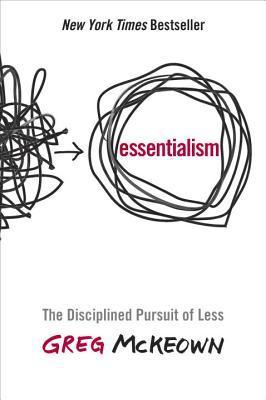
Do Less, But Better
We’re often told we can “have it all.” Essentialism says: No, you can’t—and that’s okay.
Greg McKeown’s philosophy is about cutting out the non-essential so you can excel at what truly matters.
Key Takeaways:
✔ If It’s Not a “Hell Yes,” It’s a No – Stop saying yes to everything.
✔ The Power of Trade-offs – Every “yes” means a “no” to something else.
✔ Ruthless Prioritization – Focus only on what moves the needle.
Best for: Overwhelmed professionals who spread themselves too thin.
6. Four Thousand Weeks by Oliver Burkeman
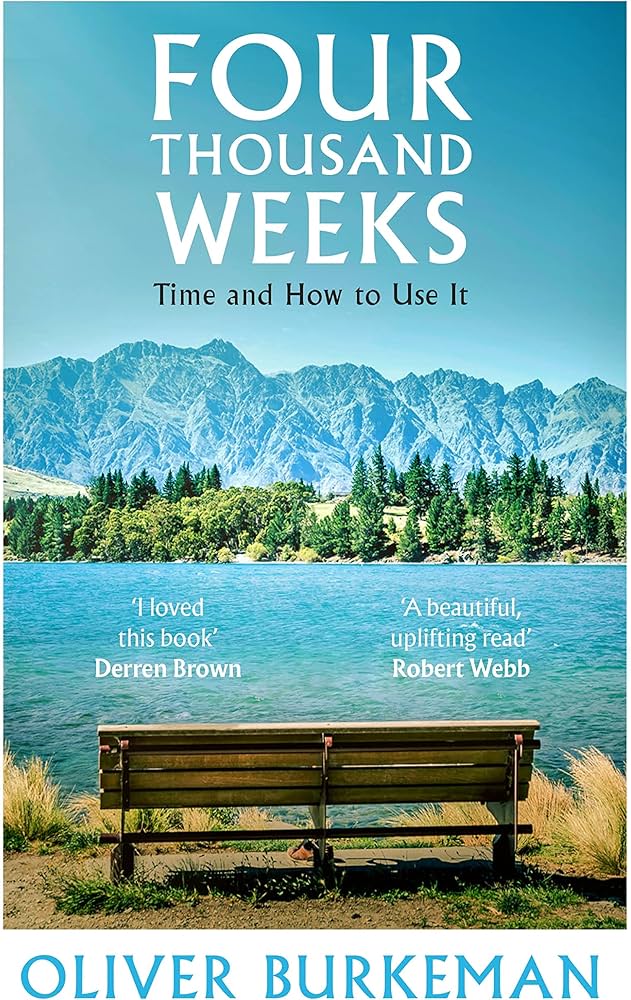
Time Management for Mortals
The average human lives about 4,000 weeks. That’s it.
Instead of hustling to “do more,” Burkeman argues that accepting our limits is the key to a meaningful life.
Key Takeaways:
✔ Productivity Is a Trap – You’ll never “finish” everything, so focus on what matters.
✔ Pay Yourself First – Schedule leisure and rest before work.
✔ Embrace Imperfection – Done is better than perfect.
Best for: Burned-out achievers who need a reality check on time
7. The 7 Habits of Highly Effective People by Stephen Covey
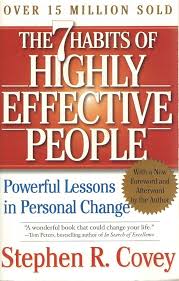
Timeless Principles for Success
This 30-year-old classic still holds up because it’s not about quick fixes—it’s about building character-based productivity.
Key Takeaways:
✔ Be Proactive – Take responsibility for your time.
✔ Begin with the End in Mind – Know your long-term goals.
✔ Put First Things First – Prioritize what aligns with your values.
Best for: Anyone who wants a holistic approach to productivity.
8. Make Time by Jake Knapp & John Zeratsky
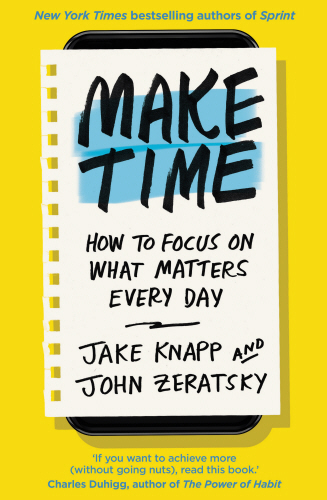
Design Your Day for Focus
Written by two ex-Google designers, Make Time is packed with 80+ quick tactics to reclaim your day from distractions.
Key Takeaways:
✔ Highlight Your Day – Pick one priority task daily.
✔ Laser Mode – Eliminate distractions for short bursts of deep work.
✔ Energy Management – Work when you’re naturally most focused.
Best for: People who love experimental, no-fluff strategies.
9. The Checklist Manifesto by Atul Gawande
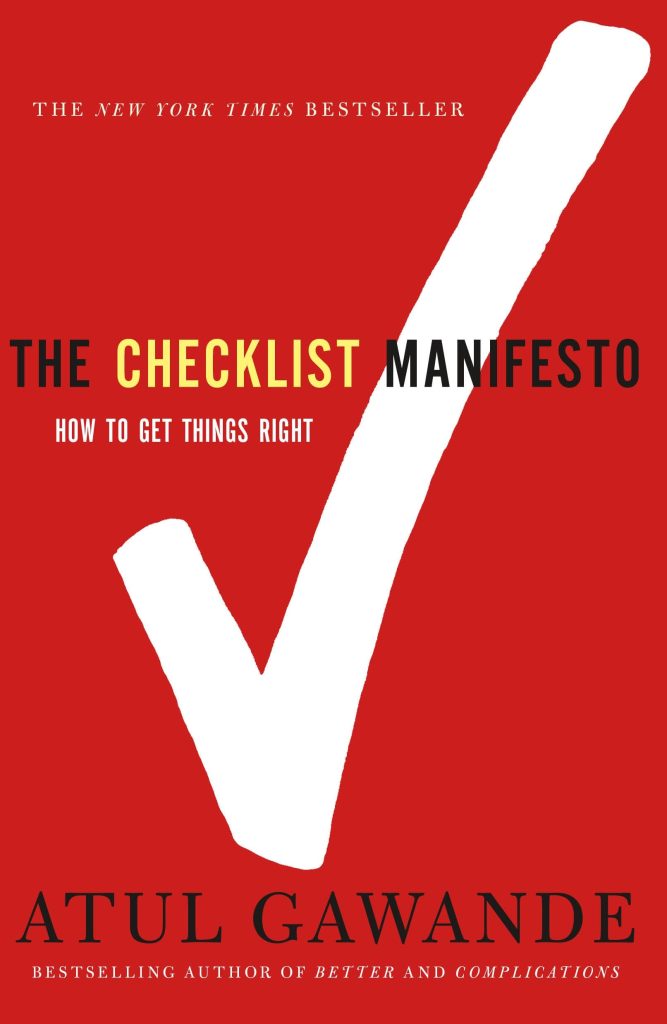
Simple Tools for Complex Tasks
Even geniuses make mistakes—that’s why checklists are a game-changer.
Gawande, a surgeon, shows how structured lists prevent errors and save time.
Key Takeaways:
✔ Reduce Cognitive Load – Checklists free up mental space.
✔ Standardize Repetitive Tasks – Stop reinventing the wheel.
✔ Prevent Costly Mistakes – Used in aviation, medicine, and business.
Best for: Perfectionists who overcomplicate simple tasks.
10. The Power of Habit by Charles Duhigg
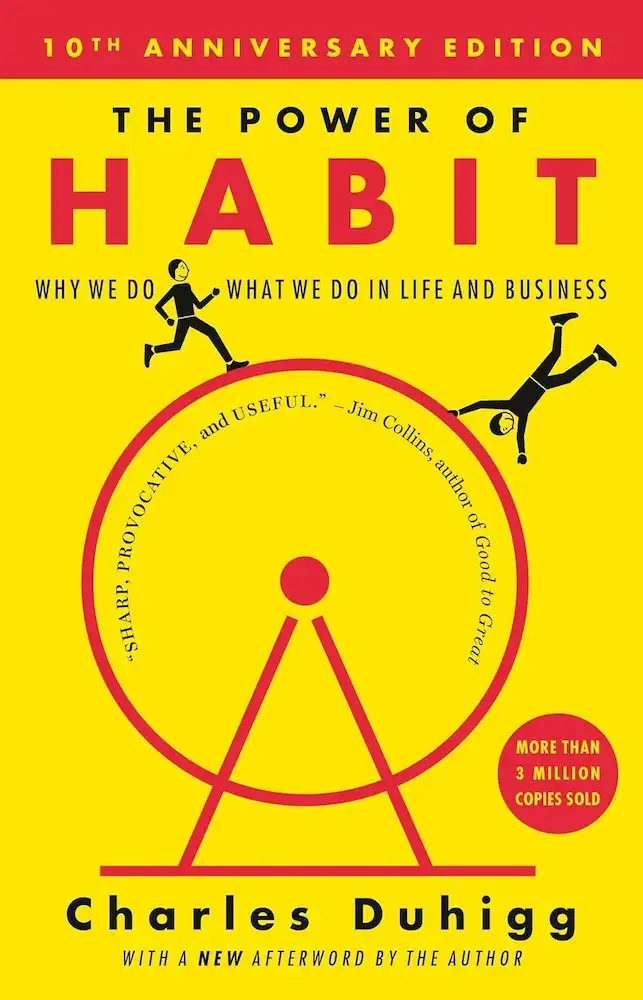
Why We Do What We Do (And How to Change It)
Habits dictate 40% of our daily actions. Duhigg breaks down the science of habit loops to help you rewire unproductive behaviors.
Key Takeaways:
✔ Cue → Routine → Reward – The golden rule of habit change.
✔ Keystone Habits – Small changes that trigger bigger transformations.
✔ Willpower Is a Muscle – Strengthen it with smart routines.
Best for: Those who want to understand and hack their habits.
Time management isn’t about squeezing more into your day—it’s about making space for what truly matters.
The best time management books don’t just teach you how to work—they teach you how to live.
So, which book will you read first? Pick one, take action, and watch your productivity soar.


